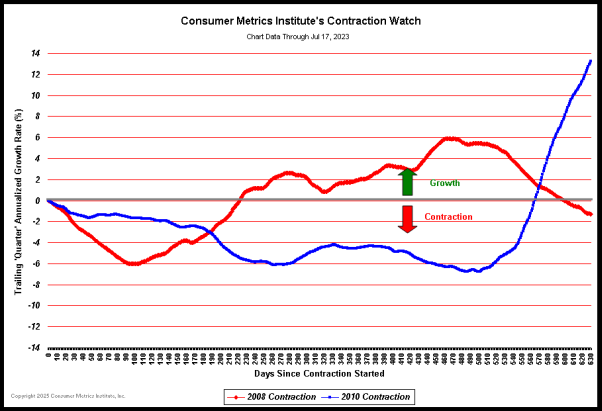http://money.cnn.com/2011/04/27/news...sure/index.htm
While this looks like part of an orchestrated media strategy, the comment does raise a good point:
Increases in food and energy prices don't really affect those who have money nearly as much as those who do not.
Well, duh right? Not exactly. A middle class family has the resources to ramp down into a more fuel efficient car, or to switch to cheaper foods.
A poor family can't afford to switch out their used Corolla for a hybrid diesel, and they already don't buy arugula.
Wal-Mart's core shoppers are running out of money much faster than a year ago due to rising gasoline prices, and the retail giant is worried, CEO Mike Duke said Wednesday."We're seeing core consumers under a lot of pressure," Duke said at an event in New York. "There's no doubt that rising fuel prices are having an impact."
Wal-Mart shoppers, many of whom live paycheck to paycheck, typically shop in bulk at the beginning of the month when their paychecks come in.
Lately, they're "running out of money" at a faster clip, he said.
"Purchases are really dropping off by the end of the month even more than last year," Duke said. "This end-of-month [purchases] cycle is growing to be a concern.
Wal-Mart (WMT, Fortune 500), which averages 140 million shoppers weekly to its stores in the United States, is considered a barometer of the health of the consumer and the economy.
To that end, Duke said he's not seeing signs of a recovery yet.
With food prices rising, Duke said Wal-Mart is charging customers more for some fresh groceries while reducing prices on other merchandise such as electronics.
Wal-Mart has struggled with seven straight quarters of sales declines in its stores.
Wal-Mart shoppers, many of whom live paycheck to paycheck, typically shop in bulk at the beginning of the month when their paychecks come in.
Lately, they're "running out of money" at a faster clip, he said.
"Purchases are really dropping off by the end of the month even more than last year," Duke said. "This end-of-month [purchases] cycle is growing to be a concern.
Wal-Mart (WMT, Fortune 500), which averages 140 million shoppers weekly to its stores in the United States, is considered a barometer of the health of the consumer and the economy.
To that end, Duke said he's not seeing signs of a recovery yet.
With food prices rising, Duke said Wal-Mart is charging customers more for some fresh groceries while reducing prices on other merchandise such as electronics.
Wal-Mart has struggled with seven straight quarters of sales declines in its stores.
Increases in food and energy prices don't really affect those who have money nearly as much as those who do not.
Well, duh right? Not exactly. A middle class family has the resources to ramp down into a more fuel efficient car, or to switch to cheaper foods.
A poor family can't afford to switch out their used Corolla for a hybrid diesel, and they already don't buy arugula.

Comment